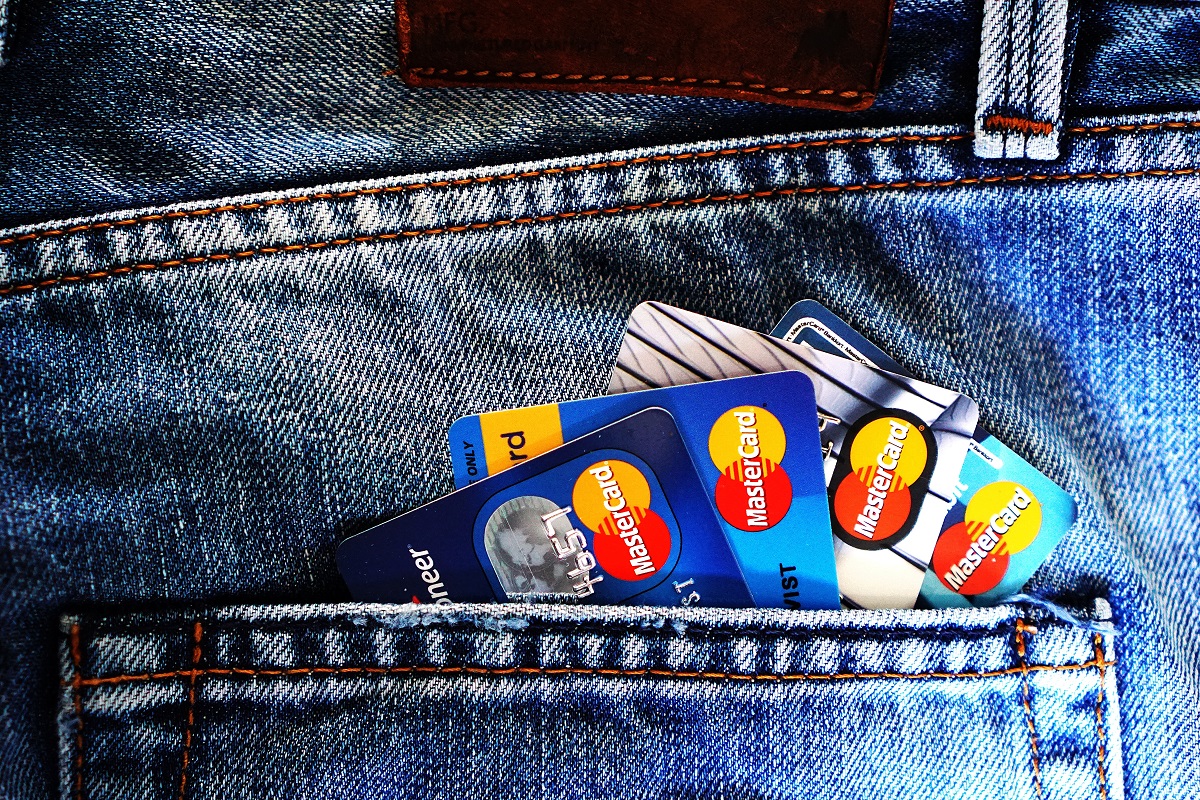Credit cards make life easier – boost our purchasing power and makes big-ticket purchases much easier. They offer financial convenience in times of an emergency and come with a range of different benefits.
Credit cards offer ease of transactions and can also become a source of savings when you choose the right ones and then use them the right way.
Here are three questions that will help you determine if the card you have works well for your particular needs.
1. Does your credit card loyalty program offer the best value to long standing customers?
Credit cards in the UAE offer several exciting features for new cardholders that usually are for a limited period only. Alluring signup bonuses, zero-interest periods, waived annual fees and many more schemes are available for new card applicants.
However, what rewards do these credit cards offer over the long term? This is vital information that one should check before deciding on the most suitable credit card. This will also help you decide whether it’s worth sticking with your existing bank’s credit card or if you indeed need to change and would be better off with another option.
The rewards offered for signing up are one of the main reasons people switch credit cards frequently. Consumers usually change cards for the better rewards program and to take advantage of signup offers that last for a limited period only.
It is important that the credit card you have chosen offers you good value for both short term and long term as well. An attractive signup bonus offer, a 0% interest period, no annual fee for the first year, or high spending rewards and other such perks must be attractive and indeed competitive over the long term and not just during the initial signup offer period.
The whole package of benefits to suit your lifestyle and spending patterns must be balanced between immediate rewards and long-term value. Your credit card must be suitable for your everyday purchases and your typical spending patterns.
If you can continue to enjoy great benefits from your credit card over a long-term without incurring additional costs and with minimum efforts, then it is worth considering to keeping on with you. But if the ongoing benefits are not appealing it is definitely worth looking out for a better option.
2. How well does your credit card rate for the features that you use most?
The credit card in your wallet must have the incentives suitable for your spending patterns and lifestyle. There are a set of distinctive perks available on different credit cards offered by various UAE banks.
Hence, begin analyzing your spending patterns by accessing your credit card statements. Note down expense categories on which you spend the most as this can help you identify the credit card that best rewards that type of spend.
For instance, frequent travelers would be better off having a credit card that offers rewards on airline tickets and hotel stays and benefits such as airport transfers and VIP lounge access. Such credit cards typically have an annual fee component but frequent travelers generally gain back the value from the perks and rewards offered.
There are also credit cards with travel benefits that fit the needs of travelers looking for best deals, such as discounts on travel, dining and hotel stay along with the flexibility in reward redemption.
If you use your car a lot then it would be advisable to check for credit cards that offer fuel discounts, gas credits or rewards features on amounts spent at gas stations.
If you love playing golf – an expensive hobby to keep up, owning a credit card that has exclusive privileges on golf like a free tee-time once or twice every month at selected locations can be a good choice. Movie lovers will benefit if their credit card offers them a buy-one-get-one cinema ticket or similar movie discounts. When eating out is a weekly habit for you, dining discounts and perks on the card is a must.
For those who live a simpler life and spend only on basic necessities, cards offering cashback or rewards on groceries and other retail expenses can be the most rewarding. Hence, do review your regular expenses to choose a credit card that best rewards your lifestyle.
3. Is the type of credit card you carry, giving you the right value-based your lifestyle?
Credit card operators offer perks to customers differentiating their value-added services such as cashback, miles or rewards programs. When looking for real value on your credit card, it’s vital to match the type of card perks with your spending needs.
Cashback cards help cardholders get a percentage of their spend back on specific expense types incurred on the card. If you are a frequent credit card user then even a small percentage rebate can help you save money. Cashback earned is usually directly credited to your credit card account as money back.
Cashback on a flat-rate credit cards typically pay anywhere between 0.75% to 1.25% for all purchases whereas tiered and bonus-category credit cards give higher cashback rates at selected merchants or on certain types of purchases (groceries, school fees, fuel etc.) but with a nominal (usually 0.25% to 1%) reward on all other purchases.
So if you prefer some extra money in your pocket than other rewards, a cashback credit card could be the answer. However, do keep in mind that even cashback offers come with their own terms and conditions – prominent ones being a minimum spend requirement and maximum possible cashback restrictions (or caps).
For travel enthusiasts credit cards that offers air miles as a reward could be a better option. These cards provide higher miles on travel purchases and international spending made via the credit card.
It is true that joining bonuses are often the most attractive reasons to apply for a new credit card. However, in the following years, you’ll need to spend more to gain attractive rewards, especially if the card has an annual fee.
When redeeming miles, also note that there could be blackout dates, airline restrictions, or booking instructions that you will have to consider. Reward points offered on credit cards in the UAE are very diverse. You can accumulate reward points against spend and then redeem these points for various items – shopping vouchers, gifts, and even air miles. However, similar to cashback, these rewards credit cards also sometimes have an expenditure cap attached to them.
As is most often the case, there is no perfect credit card for everyone. But there could be definitely a perfect credit card best suited to your individual purchase patterns and benefit preferences. Taking that little extra effort to “align” yourself to the best credit card for ‘you’ can not only help maximize your savings but also provide you with meaningful benefits to enjoy.





